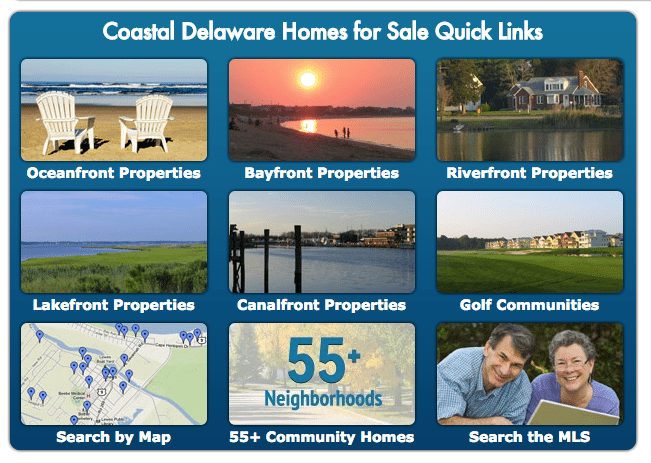I’ve critiqued many real estate websites over the past four years here at Dakno. I’ve seen some really great ones, but I’ve also seen some not-so-great ones. When I do a website analysis, here are the 5 major things I look for:
1. Search Engine Optimization (SEO)
How does your site rank organically in the search engines? What keyword searches yield your website as a result? Does your site show up for your target area(s) on the first page of Google? How about the second or third?
Recommendations: Develop a solid, achievable SEO plan with a real estate search engine optimization specialist. Make a commitment to continuously add original, keyword-rich content with all of the best SEO elements tailored specifically to your SEO plan. This includes adding more keywords and keyword-rich phrases to your website.
2. Number of Indexed Pages
How many pages of your site has Google registered or crawled? This element is one of many critical search ranking signals. Compare that number to how long your website has been active. It is over 1,000 pages? Over 5,000? Under 100? This number will help determine what you need to do to your site to improve its SEO. A prominent real estate team in Raleigh has had their website up for 10+ years and has been indexed for almost 40,000 pages in Google. How does your site compare?
Recommendation: Add new pages of original content about areas of expertise. Make Google think you are the “authority” when it comes to your specializations.
3. Content, Title Tags, and Meta Descriptions
Do your content pages mention the keywords for which you want Google to notice your site? Are those keywords in your title tags? Does every page on your site have a unique title tag? Why not? While it’s true that meta descriptions don’t really do much for SEO, they do entice searchers to click on your site links. Why not write something custom that will pique their interest? A solid title tag and meta description (in addition to specialized, compelling page content and calls to action) could be the difference between getting that lead or not.
Recommendations: Without being spammy about it, add keywords and keyword phrases to your site’s content and title tags. Write a custom title tag and meta description for every page on your website.
4. Your IDX Solution
I’ve said it before and I’ll say it again – the number one thing people want to do on a real estate site is search for homes. Do you have an IDX solution that’s user-friendly (as well as SEO-friendly)? Have you customized your IDX solution to incorporate your website’s colors, fonts, styles, etc?
Leverage your saved property search pages for “longtail” keyword phrases. An example would be Delaware 55+ Communities and homes for sale.
Recommendation: Get rid of your iframed IDX solution, and build saved searches for longtail keywords so you can get SEO credit for all those listings and help increase the number of pages indexed on your site.
5. Your Blog
When is the last time your blog was updated? Do you ever copy and paste information from other websites into your blog?
Are your posts big “walls of words”? Do they include subheadlines, pictures, bullet points, etc, that help people easily skim your posts?
Recommendations: Write and post fresh, unique copy to your blog at least four times a month that incorporate keyword-rich content and deep links to other parts of your website. Check out our blogging tips to get the most out of your blogging experiences.
Do you need help implementing any of these strategies into your real estate website? Give us a call or check out our marketing packages to see how we will help aid in your success.
Until next time,
Robyn


